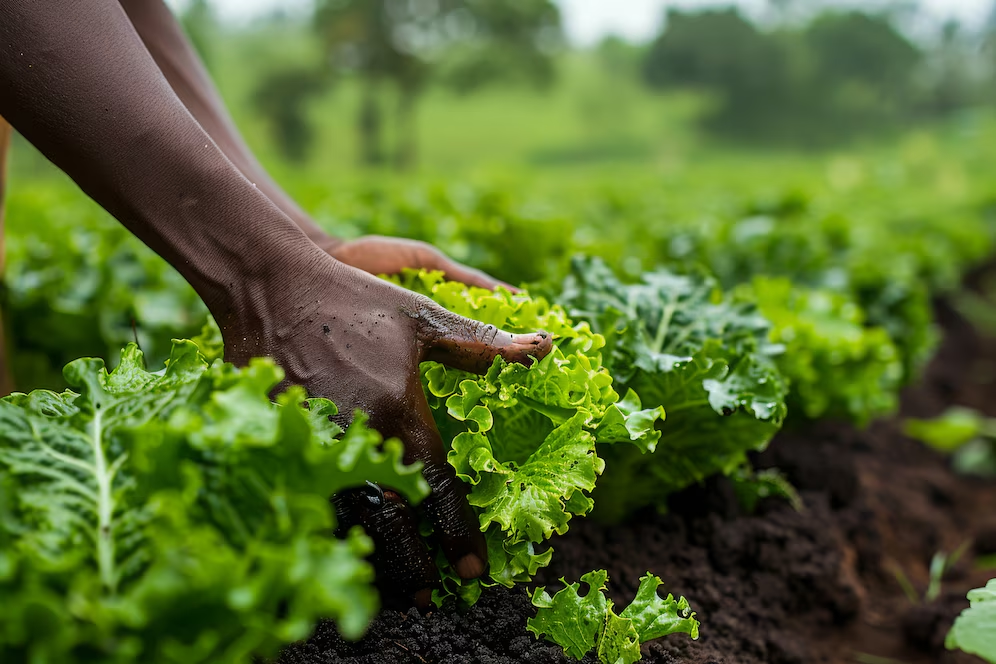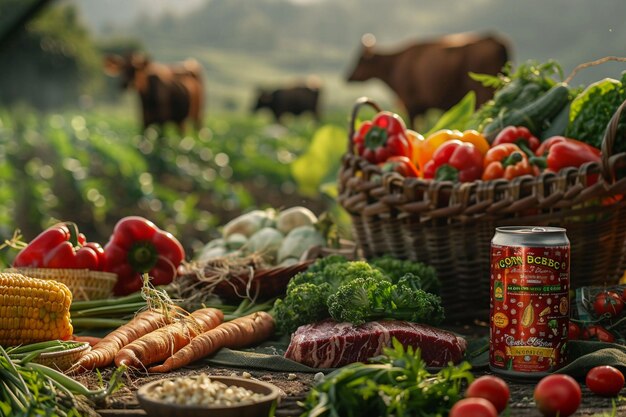The Nigerian government allocated 362.94 Billion to the agricultural sector, which is 1,32% of the total budget. With food shortage becoming a major issue in the country, what should be our next move?

In the past seven years, the sector has contributed an average of 24% to the nation’s GDP and employs more than 36% of the Nigerian labor force. However, the sector is one of those that is not accorded high priority in Nigeria, and most stakeholders believe the government should pay more attention to supporting the sector.

According to the Malabo declaration on accelerated agricultural growth, African countries like Nigeria should commit 10% of public expenditure to agriculture. Nigeria’s allocation to the sector was less than 2% of the entire budget, which significantly falls short of the declaration.
However, we also agree with the federal government’s assertion that the nation can feed itself and become a net exporter of food.
The current economic challenges facing the sector include inadequate access to finance, lack of quality seeds, mechanization, insecurity, and the youth’s undignified perception of the profession.

In light of these challenges, we suggest that private companies, individuals, and the government should review their approach toward the sector and increase investment, especially in crop farming.
From the house of JE, we proffer these suggestions:
1. Encourage the establishment and management of farms at the state and local government levels, focusing on cultivating crops indigenous to their regions by individuals and corporate bodies.
2. Introduce more incentives and subsidies on agricultural inputs for farmers to enhance crop yields and ease production costs.
3. Youth should have a change in orientation. Let them begin to see agricultural business as a dignified profession.
4. Promote youth involvement in agriculture, foster innovation, and use technology to engage the predominantly young population in agriculture.
5. Develop policies and initiatives that encourage climate-resilient agricultural practices and incentivize dry-season farming.
If these measures are diligently implemented, they have the potential to significantly alleviate the current food shortage and prevent future crises. Moreover, these initiatives would not only enhance food production but also yield numerous other socio-economic benefits for the nation.
